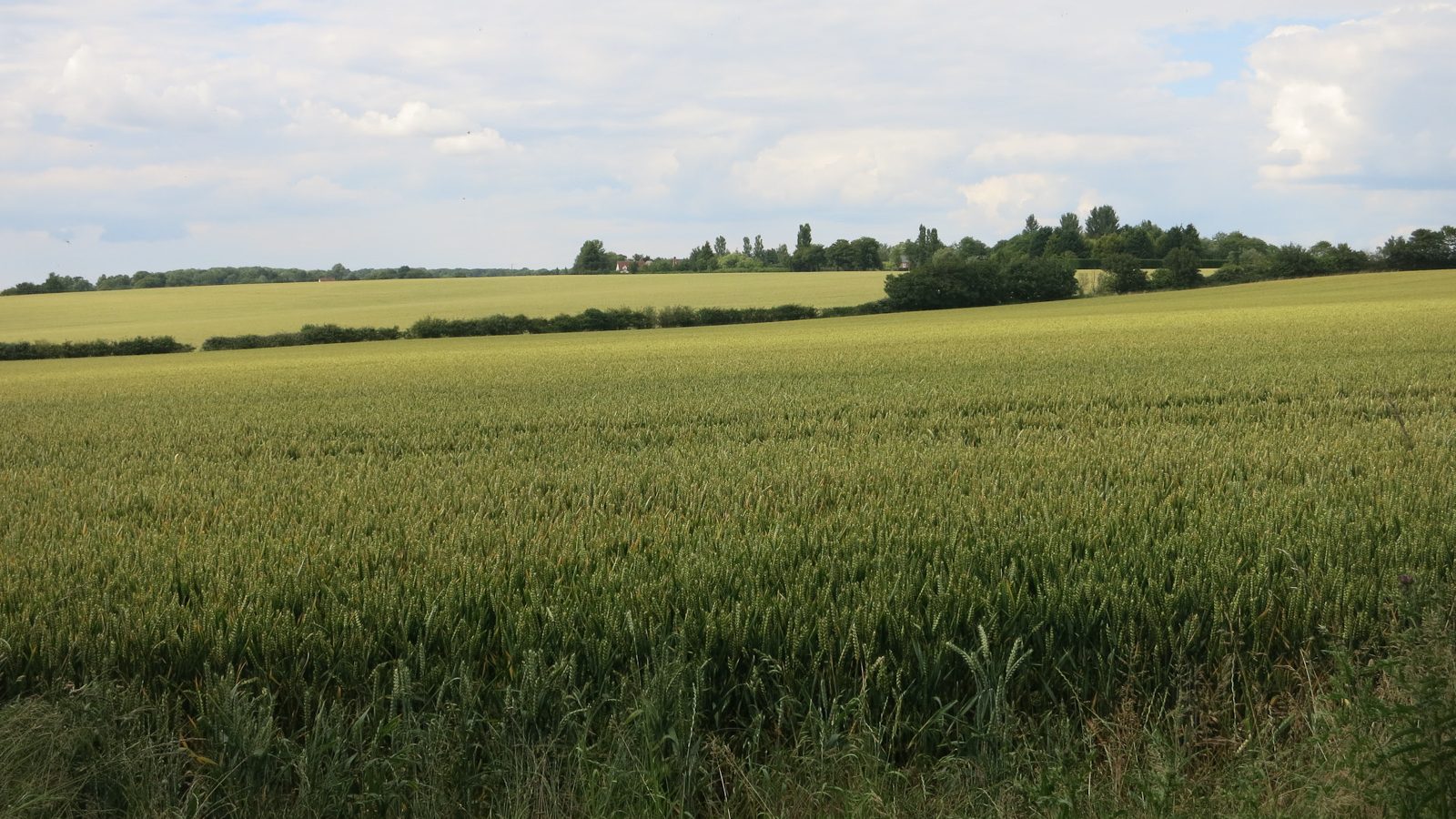Win CENS ProFlex DX5 earplugs worth £1,149 – enter here
Defra to axe 600 jobs

The Government department responsible for protecting Britain’s rivers and nature has been left “fighting fires” as budget cuts and low morale are forcing hundreds of environmental experts out of their jobs.
Around 600 jobs are being cut within the Department for Environment, Food and Rural Affairs (Defra) and its agencies, sparking fears of a loss of expertise in fields such as flooding and farming from government.
Environmental groups say Defra is already struggling to fulfil its legal duties, with hundreds of protected sites having not been visited for over a decade.
Last month Natural England, the watchdog responsible for monitoring England’s protected sites and assessing the environmental impact of planning applications, also announced that they would be cutting at least 200 jobs.
Richard Benwell, CEO at Wildlife and Countryside Link, a network of more than 80 nature organisations said: “On headcount, we know the Government’s fallen far behind on things like monitoring of protected sites, many of which haven’t been visited in the past decade,”
Mr Benwell said officials are also struggling “in terms of their capacity to go out and enforce the law when it comes to things like degradation of protected species, destruction of protected habitats or indeed pollution of rivers”.
Job cuts could mean that Defra will struggle to properly deliver new policies being introduced by the Government, such as the Planning and Infrastructure Bill, which aims to streamline regulations for developers to make it easier to build.
Under the bill, Natural England will be responsible for overseeing a Nature Restoration Fund, that will see developers fund green projects to mitigate the environmental impact of their scheme.
Defra is also responsible for delivering the Government’s Environmental Improvement Plan, designed to meet the UK’s legally binding target of halting the decline of nature by 2030.
Mr Benwell said: “If we’re being asked to do that on bargain basement civil service capacity, then that’s going to open up a much bigger risk of inappropriate development and second rate plans going through.”
Alongside the cuts, news that former NFU President and crossbench peer, Baroness Batters, has been appointed to lead Defra’s farm profitability review was met with optimism in rural communities.
It is hoped that Baroness Batters, a tenant farmer herself, will be take on a key role representing rural interests in government as she provides recommendations on farm profitability to Defra Secretary Steve Reed and the Farming Minister Daniel Zeichner.
Related Articles
Get the latest news delivered direct to your door
Subscribe to Shooting Times & Country
Discover the ultimate companion for field sports enthusiasts with Shooting Times & Country Magazine, the UK’s leading weekly publication that has been at the forefront of shooting culture since 1882. Subscribers gain access to expert tips, comprehensive gear reviews, seasonal advice and a vibrant community of like-minded shooters.
Save on shop price when you subscribe with weekly issues featuring in-depth articles on gundog training, exclusive member offers and access to the digital back issue library. A Shooting Times & Country subscription is more than a magazine, don’t just read about the countryside; immerse yourself in its most authoritative and engaging publication.







